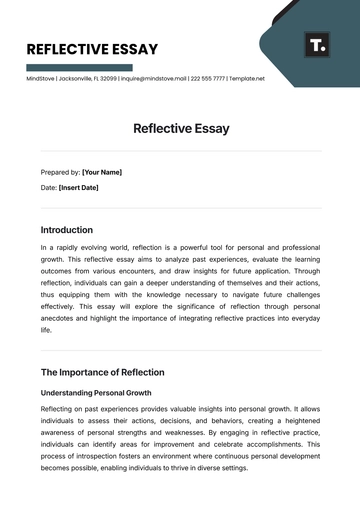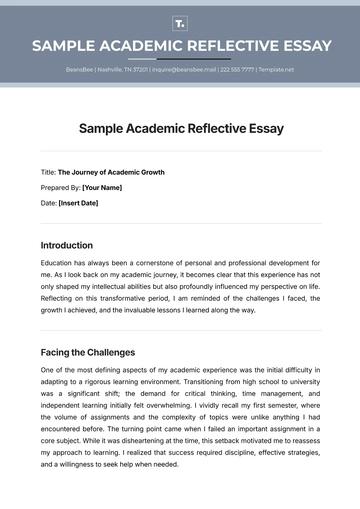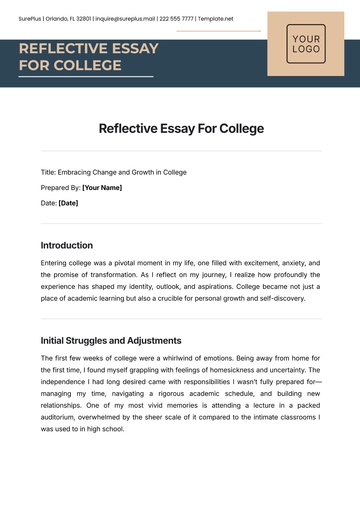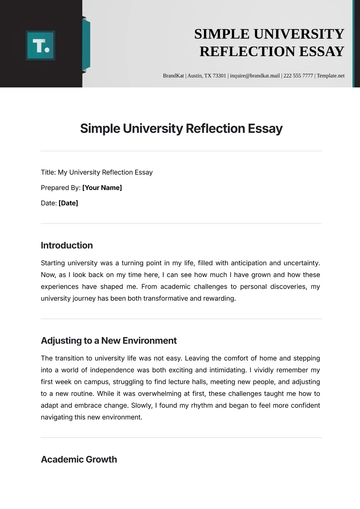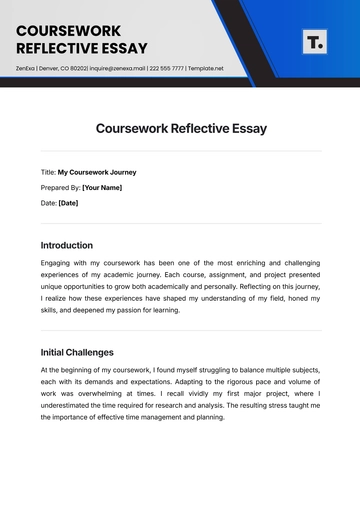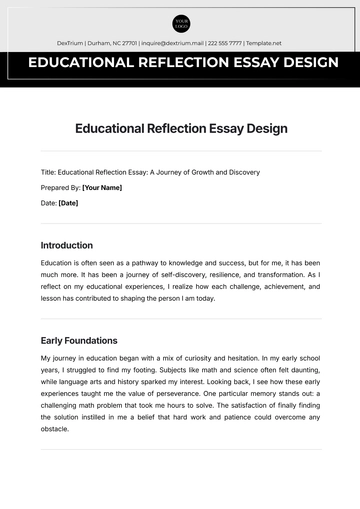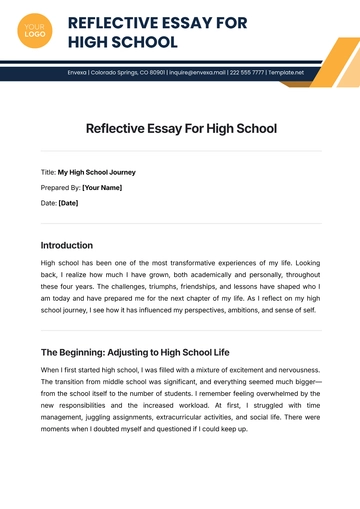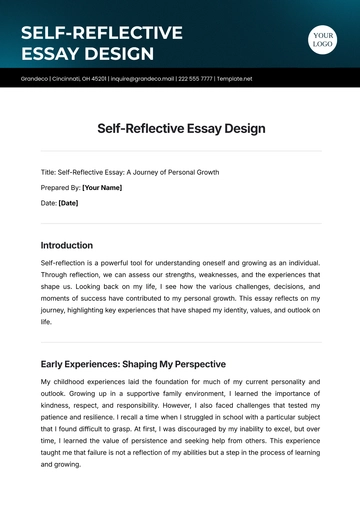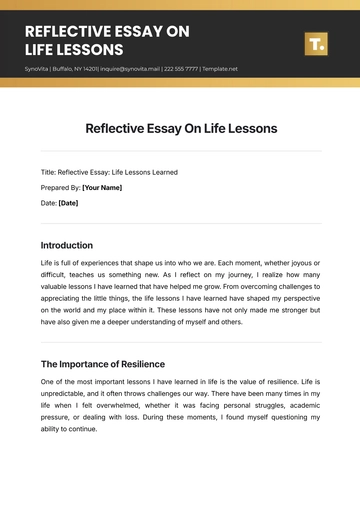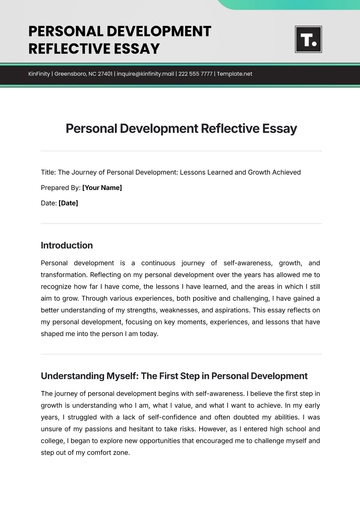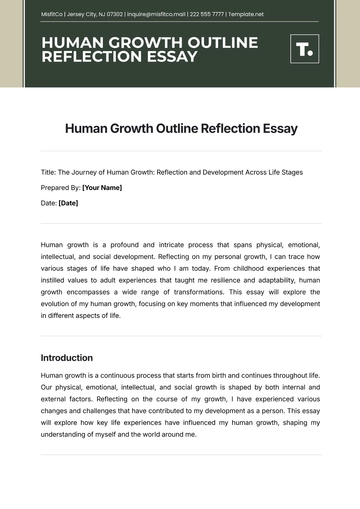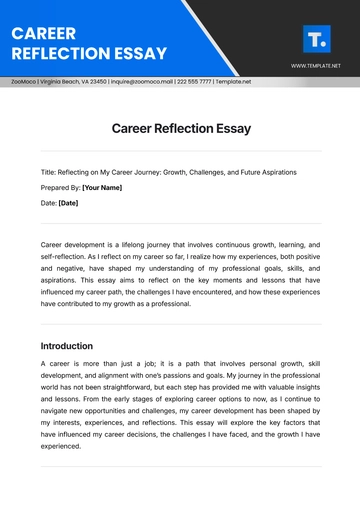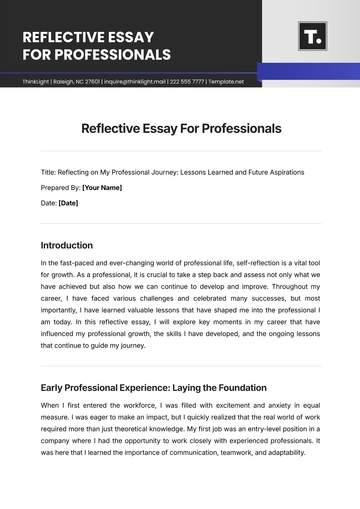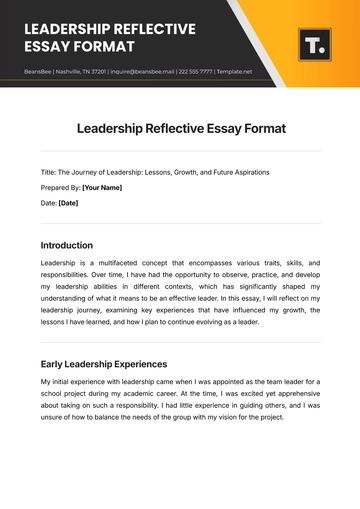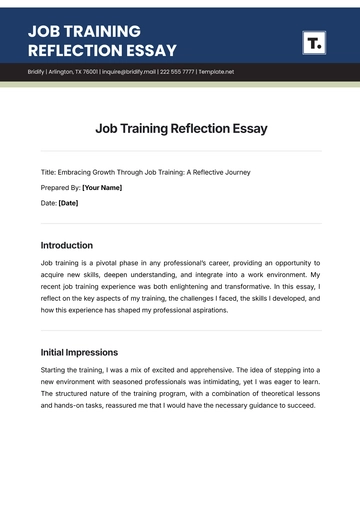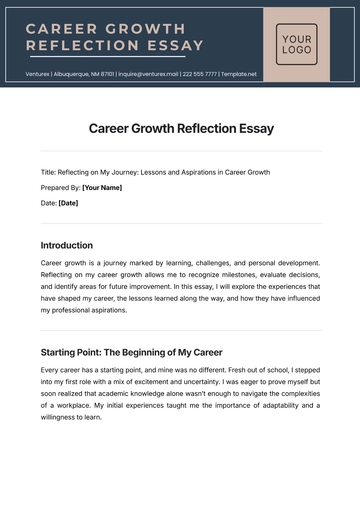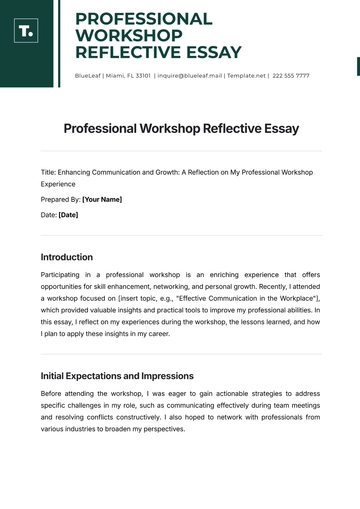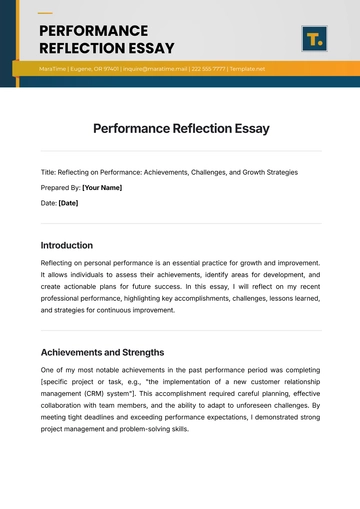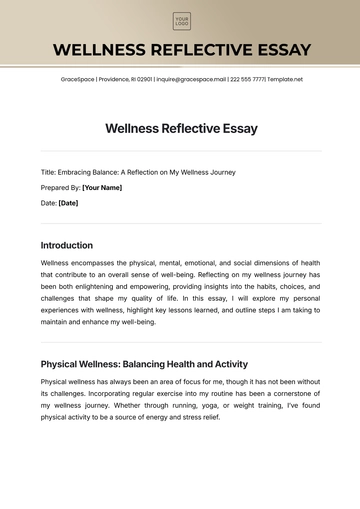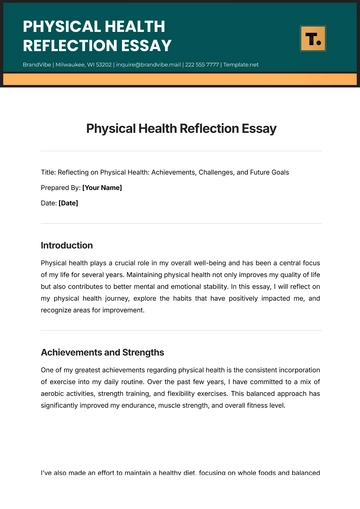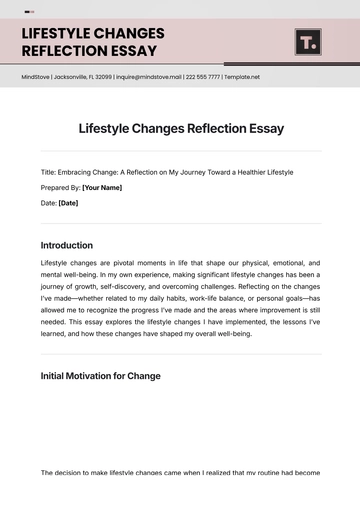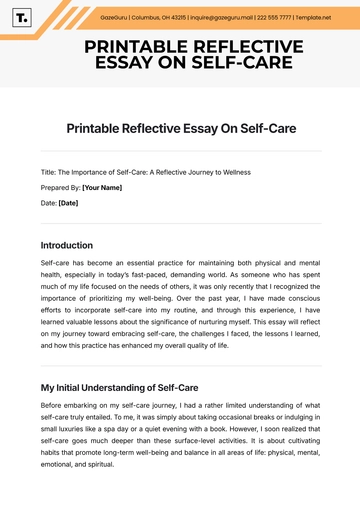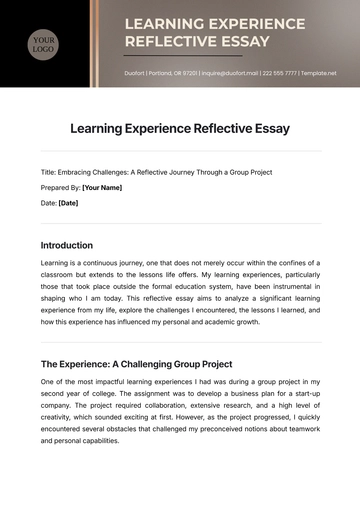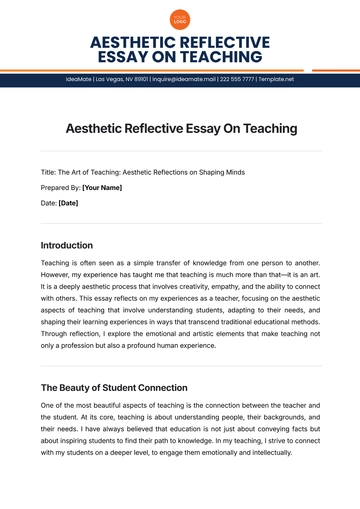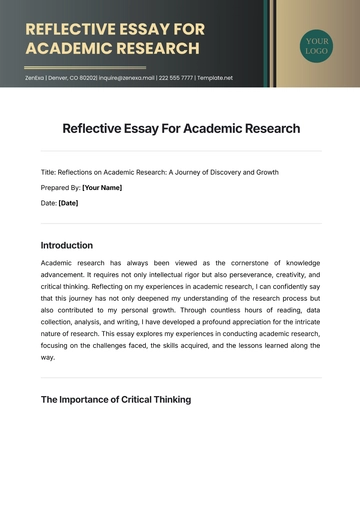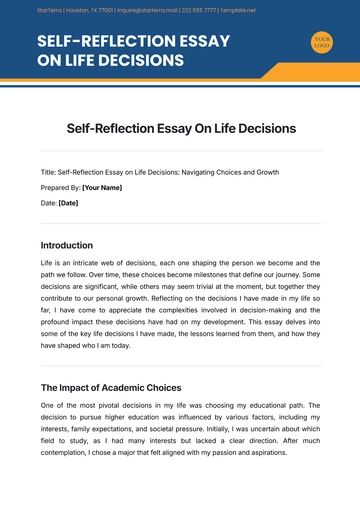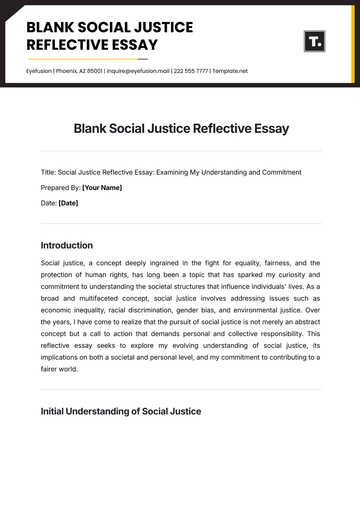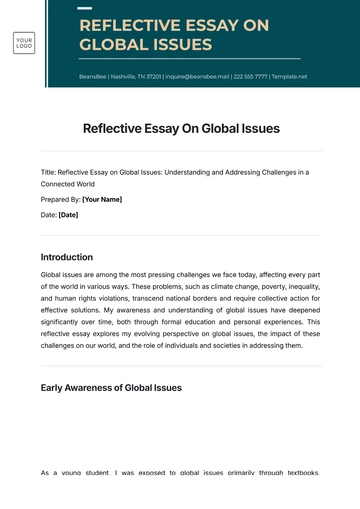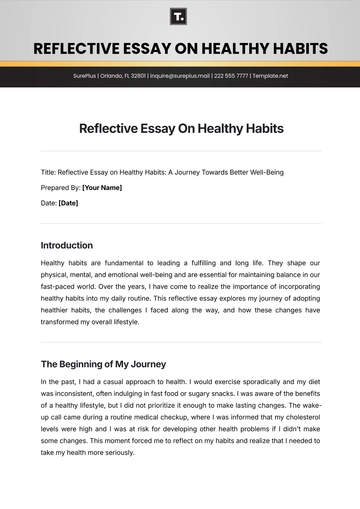Free Expository Essay Outline
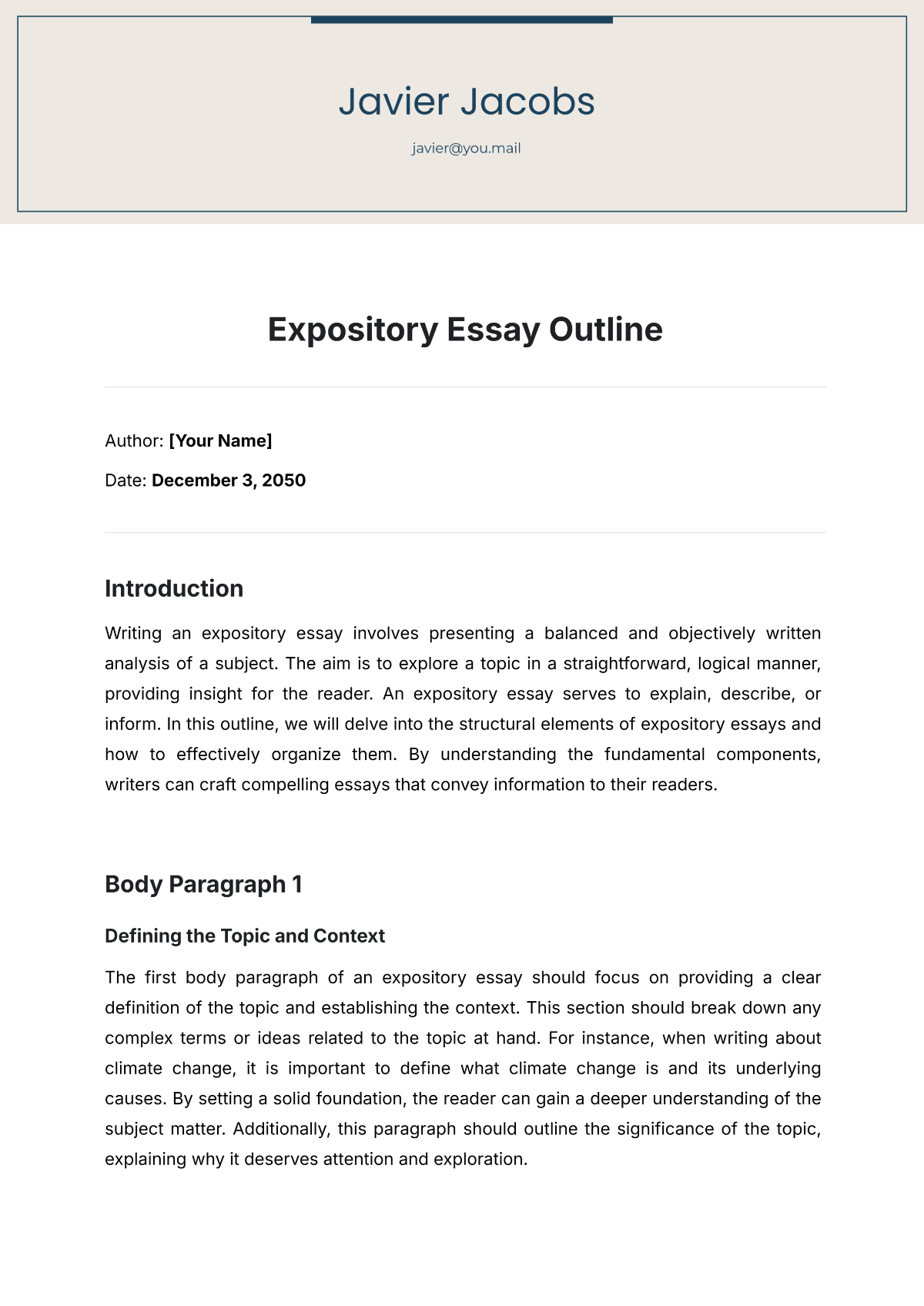
The Importance of Time Management in Achieving Academic Success
Author: [YOUR NAME]
I. Introduction
Time management is a crucial skill that affects all aspects of an individual's life. Whether in academics, career, or personal growth, the ability to manage time effectively can determine success or failure. This essay will explore the significance of time management in achieving academic success, provide tips for improving time management skills, and discuss the consequences of poor time management.
II. Understanding Time Management
Time management refers to the process of planning and exercising conscious control over the amount of time spent on specific activities. By allocating the right amount of time to various tasks, individuals can increase their efficiency and productivity. Effective time management requires careful planning, prioritization, and the ability to resist distractions. It involves setting clear goals, breaking tasks into manageable chunks, and organizing one’s schedule to meet deadlines.
III. The Impact of Time Management on Academic Success
Students who practice effective time management can allocate sufficient time to study, participate in class discussions, and complete assignments on time. This organization allows them to absorb information more effectively, retain knowledge longer, and reduce stress levels. For example, a study by Dr. John Smith (2072) found that students who adhered to a time management plan reported higher grades and less stress than their peers who did not prioritize their time effectively. On the other hand, poor time management often leads to last-minute cramming, missed deadlines, and subpar academic performance. In a highly competitive academic environment, time management can make the difference between passing and excelling.
IV. Tips for Improving Time Management Skills
There are several strategies that can help individuals improve their time management skills:
Set Clear and Achievable Goals: Break down large tasks into smaller, more manageable goals to avoid feeling overwhelmed. For instance, instead of planning to "study biology," set a goal to "read Chapter 3 and complete the associated exercises."
Prioritize Tasks: Identify which tasks are the most urgent or important and tackle them first. For example, a student with an upcoming exam should prioritize study time over non-urgent tasks.
Create a Schedule: Use planners or digital tools to organize daily and weekly activities, ensuring time is set aside for study, rest, and other commitments. A weekly planner that includes fixed study times, extracurricular activities, and social events can provide structure.
Avoid Procrastination: Procrastination is a major barrier to effective time management. Combat this by setting deadlines and sticking to them. Implementing the Pomodoro technique, where you work for 25 minutes and take a 5-minute break, can help maintain focus.
Stay Organized: Keeping a tidy workspace and using organizational tools can reduce distractions and enhance productivity. For example, students who maintain organized notes and files are less likely to waste time searching for materials.
V. Consequences of Poor Time Management
Failing to manage time properly can lead to a series of negative consequences, including missed deadlines, increased stress, and poor academic performance. A study by Green and Edwards (2071) found that 40% of college students cited poor time management as a major reason for their academic struggles. Students who constantly rush to meet deadlines often do not fully understand the material they are studying, leading to superficial learning and a lack of retention. Additionally, chronic procrastination can cause anxiety, affecting mental health and overall well-being.
VI. Conclusion
Time management is an essential skill that directly influences academic success. By developing the ability to prioritize tasks, set achievable goals, and avoid procrastination, students can significantly improve their academic performance and reduce stress. Learning to manage time effectively not only helps in the academic realm but also prepares individuals for success in other areas of life. Therefore, mastering time management is a key step toward achieving long-term success.
VII. References
Smith, J. (2072). Time Management and Academic Achievement: A Study of College Students. Academic Press.
Green, L., & Edwards, R. (2071). The Effects of Procrastination on College Students: A Quantitative Analysis. Journal of Educational Psychology, 58(3), 245-257.
- 100% Customizable, free editor
- Access 1 Million+ Templates, photo’s & graphics
- Download or share as a template
- Click and replace photos, graphics, text, backgrounds
- Resize, crop, AI write & more
- Access advanced editor
Create compelling expository essays effortlessly with our editable Expository Essay Template. This customizable template from Template.net is designed to help you present your ideas and arguments in a structured format. Whether you're a student or a professional, this template is fully editable in our AI Editor Tool, allowing you to tailor content to suit your specific requirements.
